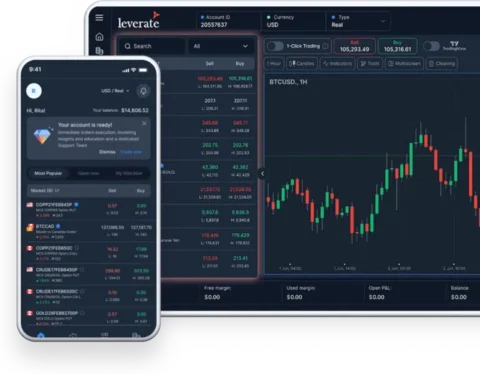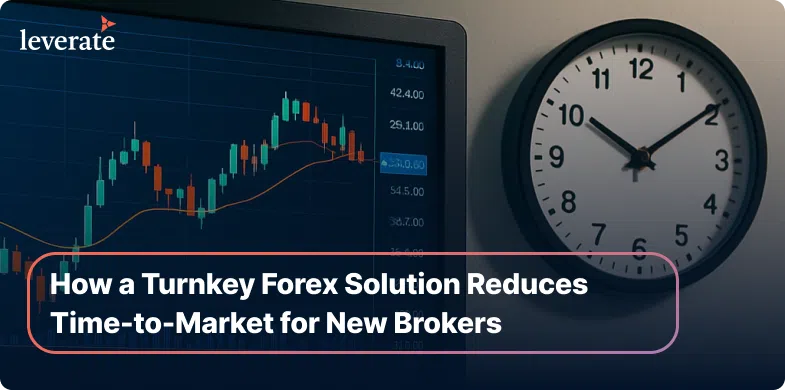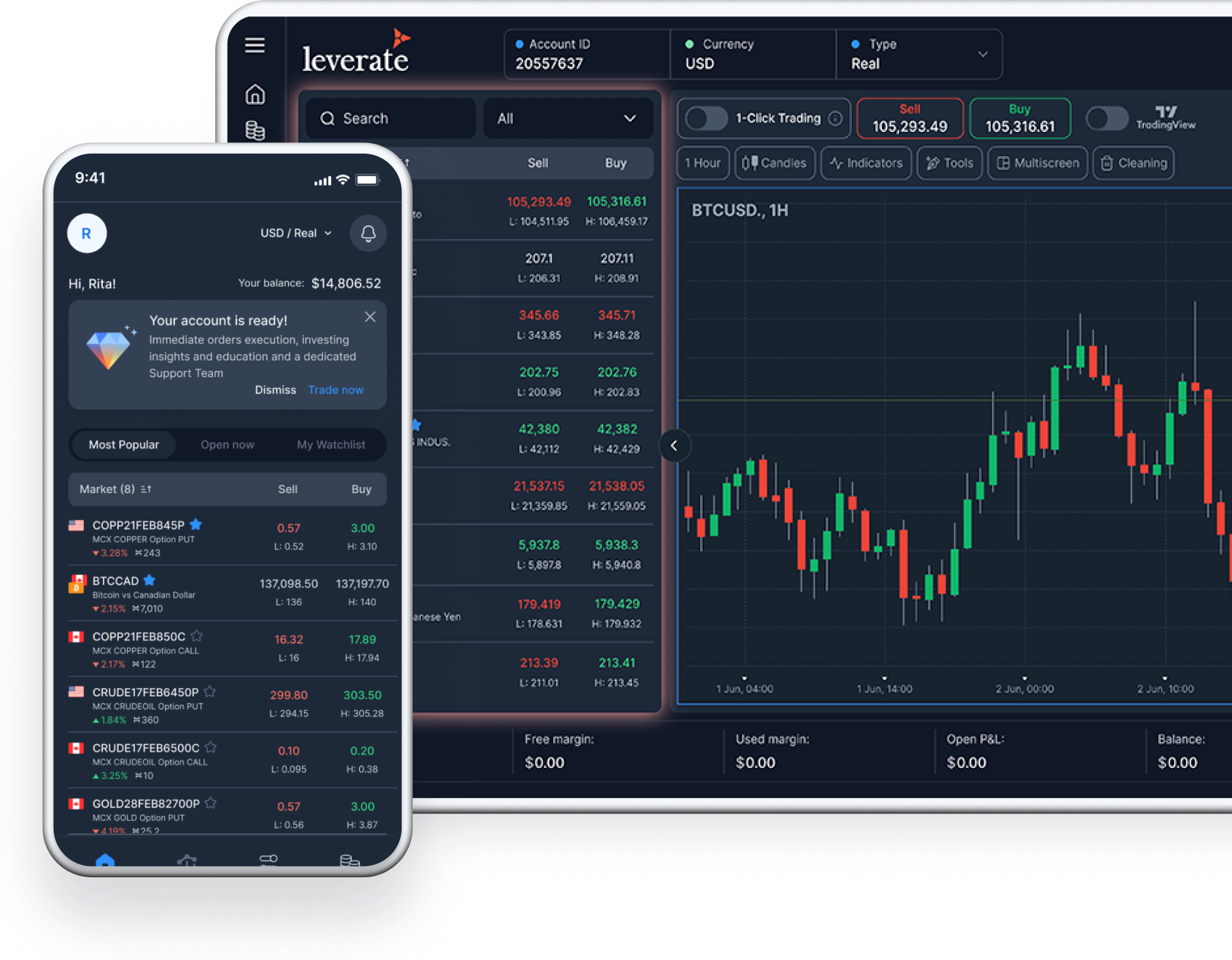
Reports quickly spread that the SEC offices in New York, Boston, and San Francisco had begun issuing “scores of subpoenas”, with many cryptocurrency companies reportedly receiving one. This move comes on the back of recent reports that the SEC was focused on gathering information about the Crypto industry. These moves have understandably created waves within the community, prompting a rash of speculation as to the reason for the investigations.
In the US, the SEC is tasked with enforcing US federal securities law. It serves as the regulator for the securities industry, stock markets and options exchanges, including the US electronic securities market. Publicly traded companies and other regulated entities must be registered with the SEC, which monitors their activities to prevent insider trading and fraud.
In the past there has been some conjecture about the applicability of securities laws to cryptocurrencies. The SEC’s clarified its position in a September 2017 report, saying that digital tokens sold to raise capital were considered securities, effectively putting cryptocurrency activities under their purview. Subsequent action against several companies in the aftermath of this report underscored the new direction that the agency was taking against crypto.
Discussing the recent interest in the cryptocurrency sector at the Investment Adviser Association Conference, SEC Enforcement Division Co-Director Stephanie Avakian warned that “We are very active, and I would just expect to see more and more”. The SEC did not take long to act on this warning, and followed up with trading suspensions for companies engaging in questionable crypto activities and asset freezes to halt ICOs. In addition, the SEC issued a statement on March 7 notifying the cryptocurrency exchanges of the need to register with the SEC as an exchange.
While the SEC are gathering information and providing warnings, they are not providing much clarity. Even prior to these activities, the cryptocurrency industry has voiced their increasing frustration with the lack of discussion from the SEC about how to comply with their requirements. This lack of clarity and aggressive tactics has begun to impact US based crypto projects, with reports that many of these companies have moved projects overseas. Those left behind have resorted to their own version of self-disclosure to differentiate themselves from unscrupulous companies.
Pulling apart the disparate strands from amongst the subpoenas, SEC investigations, ICO halts and security classification, a few pictures begin to emerge. It is clear that the SECs classification has focused its activity on cryptocurrency, in particular ICOs and companies that trade in cryptocurrencies. But, these early acts are nothing more than a focus on the low hanging fruit -those companies where there was already sufficient evidence of active infringement on SEC regulations. It was the equivalent of putting out the burning fires.
From this point, the next logical step for the SEC was to collect more evidence to deal with other infringers and scammers. Once this is complete, it will usher in the beginning of the long road that ends with the fully developed regulations. This regulation development will require reasoned consultation with key opinion leaders, insiders and developers. The subpoenas issued likely serve a dual purpose – to provide access to key leaders, as well as collect evidence from infringers. As TechCrunch founder Michael Arrington’s said upon receiving a subpoena “They (the SEC) just have to figure out what they want”. His insight is reflected by the general calm from the industry, which see the subpoenas as an opportunity to begin the process of educating the SEC and creating some initial compliance framework.
While the SEC appears set to break up the less scrupulous ICO’s, it would be well reminded that there is a strong will among many legitimate companies – that suffer from the agency’s lack of directives – to be good, solid corporate citizens.



















